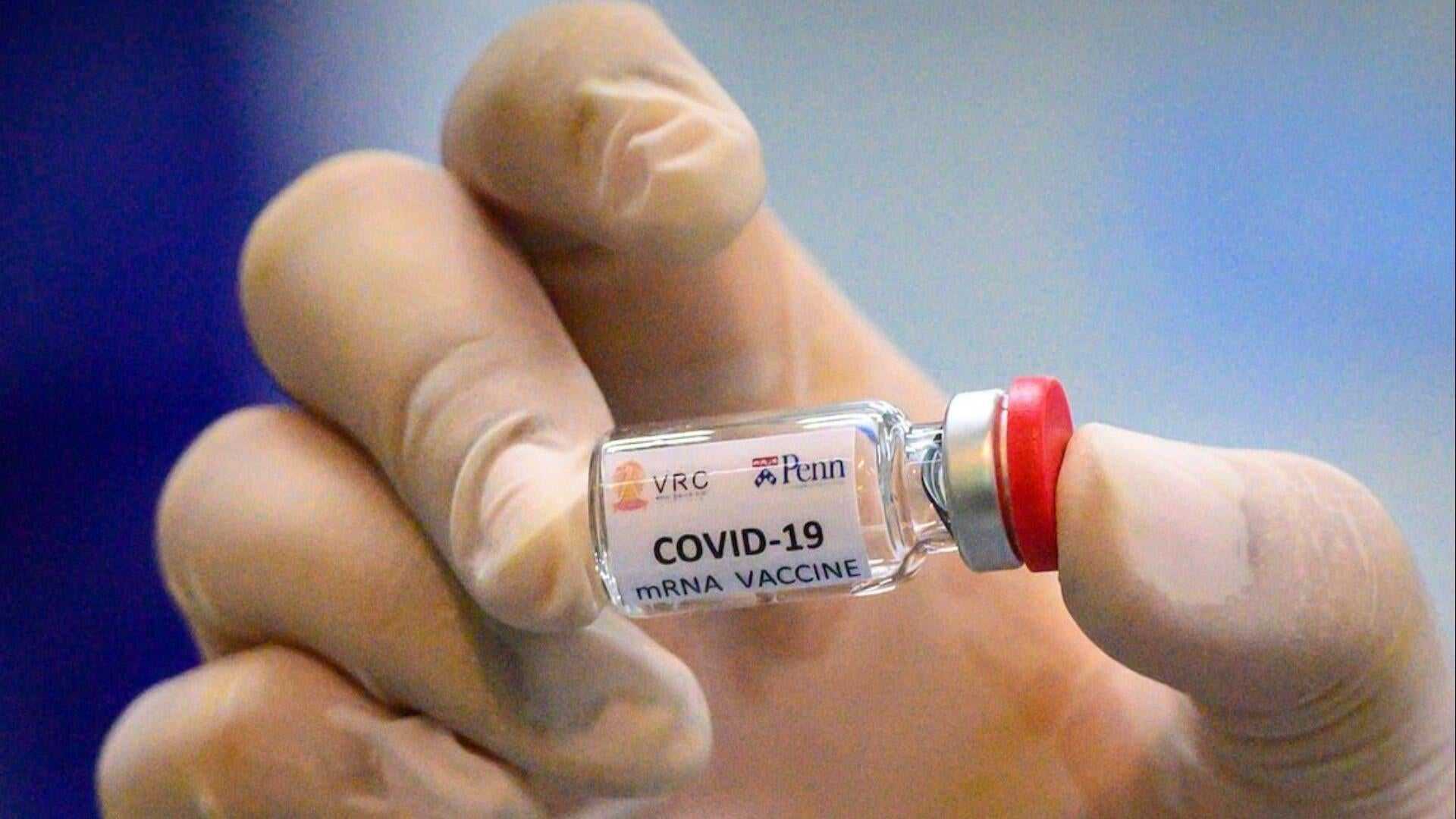Health
New COVID Variant NB.1.8.1 Detected in U.S. Amid Surge in China

Atlanta, Georgia — The Centers for Disease Control and Prevention (CDC) has identified multiple cases of the new COVID-19 variant NB.1.8.1 in the United States. The variant is linked to a notable surge in COVID-19 cases in China. Reports indicate that this variant has been found in travelers arriving at airports in California, Washington state, Virginia, and the New York City area.
The cases detected from April 22 to May 12 involved travelers from several countries, including Japan, South Korea, France, Thailand, the Netherlands, Spain, Vietnam, China, and Taiwan. Records from CDC’s airport testing partner, Ginkgo Bioworks, reveal the geographic spread of the variant.
In addition to airport cases, health authorities have reported NB.1.8.1 occurrences in Ohio, Rhode Island, and Hawaii, with early cases in California and Washington dating back to late March and early April. The variant is now contributing to rising hospitalization rates in Hong Kong, where authorities have observed a significant increase in emergency room visits.
A CDC spokesperson noted, “There have been fewer than 20 sequences of NB.1.8.1 in the U.S. baseline surveillance data to date, so it has not met the threshold for inclusion in the COVID Data Tracker dashboard.” The spokesperson added that the agency is monitoring the situation closely.
Despite the emergence of this variant, officials in Hong Kong stated there is currently no evidence that NB.1.8.1 is more severe than other variants. However, local health authorities have advised the public, especially high-risk individuals, to wear masks in crowded places and on public transport.
Researchers indicate that early findings suggest that while NB.1.8.1 may not evade immunity better than its predecessors, it has a greater ability to bind to human cells, potentially making it more transmissible. This variant has raised concerns among health officials, particularly as COVID-19 infection rates spiked in parts of Asia.
In response to the variant’s spread, the FDA recently held a meeting to discuss potential updates to COVID-19 vaccines. Officials discussed targeting a descendant of the JN.1 variant called LP.8.1, which shows promise against NB.1.8.1. The variant is currently the dominant strain in many regions, including the U.S.
As of now, while COVID-19 cases have fallen to low levels nationwide, health experts advise continued vigilance and adaptation in vaccine formulations to respond to emerging variants.












